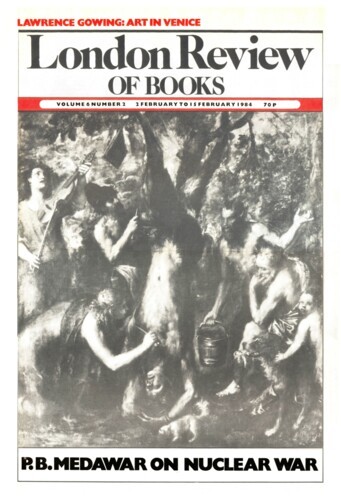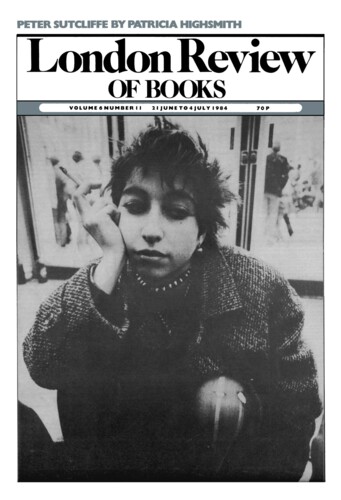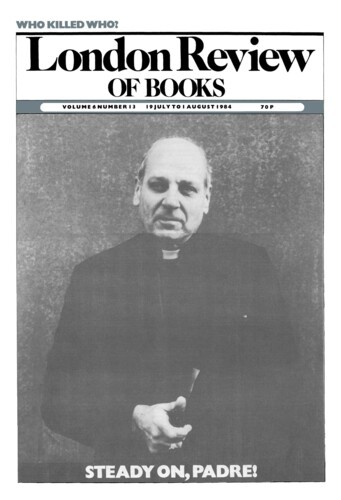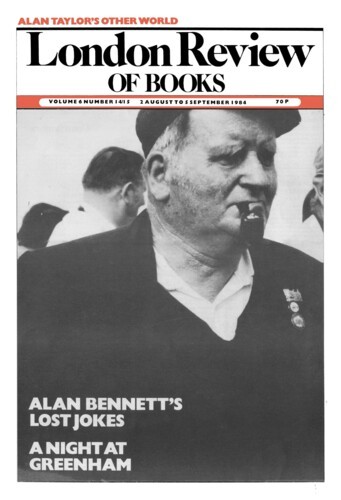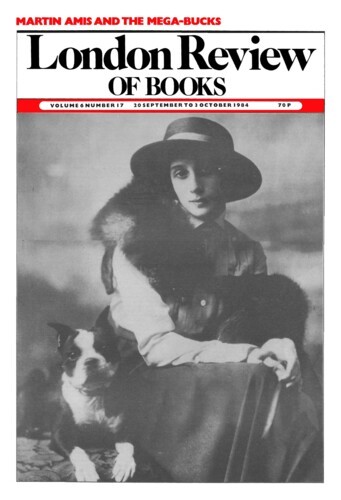Examples
Denis Donoghue, 2 February 1984
I’ll talk mostly about Towards 2000, so I should give a brief account of Writing in Society and Radical Earnestness to begin with. Radical Earnestness is a brisk survey of a ‘tradition of thought’, a ‘mode of feeling’, which Fred Inglis identifies as English and, in a vague sense, socialist. The tradition is characterised by ‘a habit of recourse to concrete examples in argument, a calm refusal of formal metaphysics, an unexamined criticism of “over-abstraction” (which means other people’s abstractions), and a general preference for non-systematised or pluralist theories of political life’. The writers Inglis presents under this rubric are William Morris, T.H. Green, John Maynard Keynes, R.G. Collingwood, F.R. Leavis, George Orwell, Adrian Stokes, Tony Crosland – as he calls him – Richard Titmuss, Richard Hoggart, Raymond Williams, John Berger, E.P. Thompson and Isaiah Berlin. If you need a stereotype of the English socialist, you may as well take this one as any other, though it’s hard to do any worthwhile thinking so long as you burden yourself with such a thing. I infer from Inglis’s reference to ‘the chic notation of the Parisian deconstructionists’ and from a footnote citing Jacques Derrida’s Grammatology that radical earnestness is what he claims for the Englishness of his English socialist tradition, a quality of mind or character consistent with a national commitment to roast beef.–
